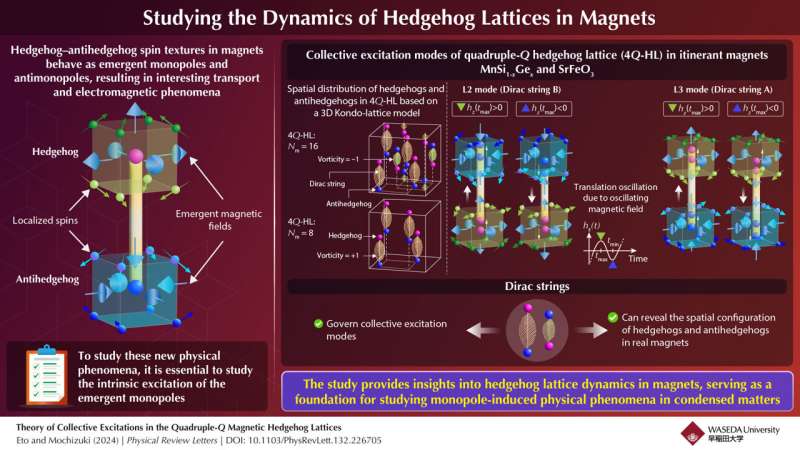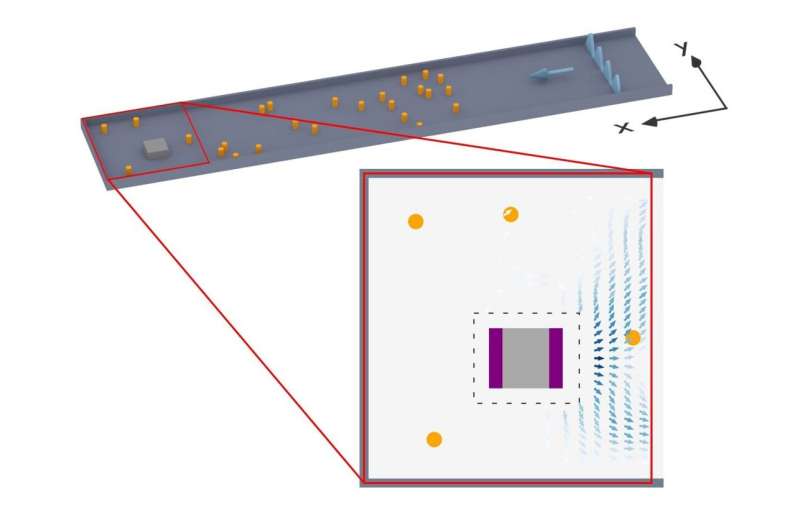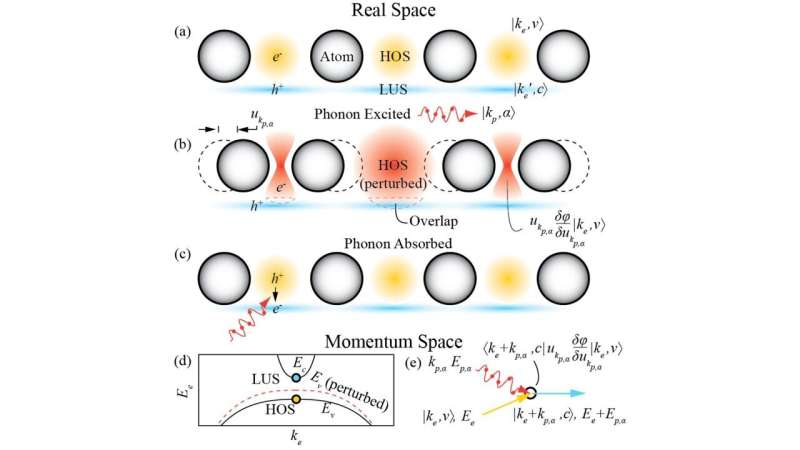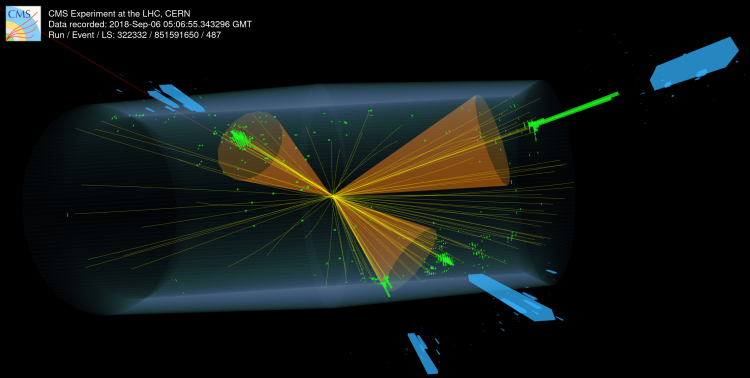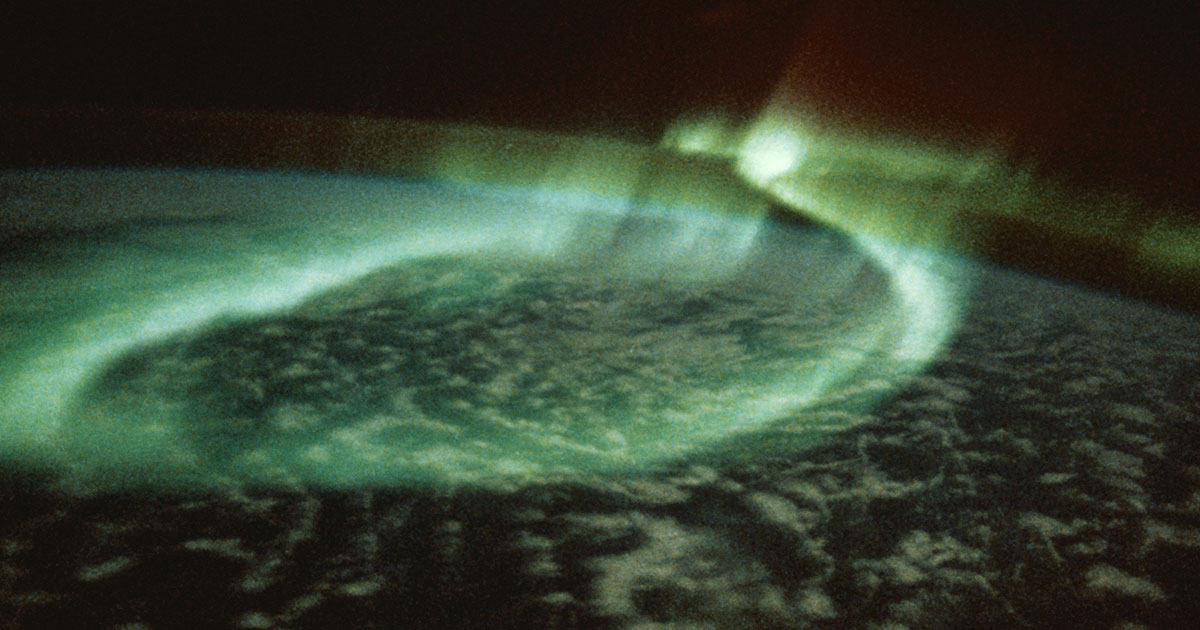
It’s an intriguing theory.
Dark Wave
Researchers suggest our planet is being hit by waves of dark matter, the elusive stuff believed to make up 27 percent of the universe, although scientists have yet to observe it directly.
As science communicator extraordinaire Paul Sutter explores in a piece on Live ScienceEuropean authors of a yet-to-be-published paper claim that radio waves detected in Earth’s ionosphere – the upper part of the atmosphere where UV and X-ray radiation from the Sun ionizes atoms to create plasma – could be the result. of particles interacting with dark matter, and therefore a great place to hunt for the elusive substance.
It’s an intriguing though speculative theory that could take decades of research to prove. Still, the prize is certainly worth the gamble, putting to rest one of the biggest unanswered questions about the universe that persist.s today.
Cosmic Slog
Over the years, scientists have proposed several candidates for dark matter, including extremely massive particles called “Weakly Interacting Massive Particles” (WIMPs) or extremely light ones called “stakes”.
Thanks to the highly unusual smoothness of the stocks, these hypothetical particles could act more like “big waves rolling around the cosmos,” as Sutter explained.
This would also make them extremely difficult to observe. Rather than hunting for the particles themselves, scientists have long suggested looking for any interactions they have with other matter around them, including plasma, which is made up of highly charged particles.
now, a team of researchers from the University of Geneva and the European Organization for Nuclear Research (CERN) – which is at the forefront of our hunt for exotic particles – are suggesting a new place to look: Earth’s ionosphere.
By studying how “hypothetical dark matter waves” interact with ionized particles, according to Sutter, we may be one small step closer to answering one of the biggest puzzles facing astrophysicists today.
While it’s what Sutter calls a “long shot,” with the right instruments, we may have just one chance to finally discover the hidden identity of dark matter.
“A small electric dipole antenna targeting the generated radio waves can be orders of magnitude more sensitive to dark photon and dark matter action-like particles in the relevant mass range,” the researchers write.
Better yet, the ionosphere is extremely close to us, making it an attractive place to hunt for dark matter.
“This form of dark matter is very theoretical and it would take years, if not decades, to perfect the observational technique to look for these radio waves,” Sutter concluded. “But if it works, it would be a gold mine, allowing us to study one of the most mysterious elements in the universe right on our cosmic doorstep.”
More on dark matter: Our world may be connected to an anti-universe, the scientist says
#Earth #swimming #dark #matter #scientists
Image Source : futurism.com
